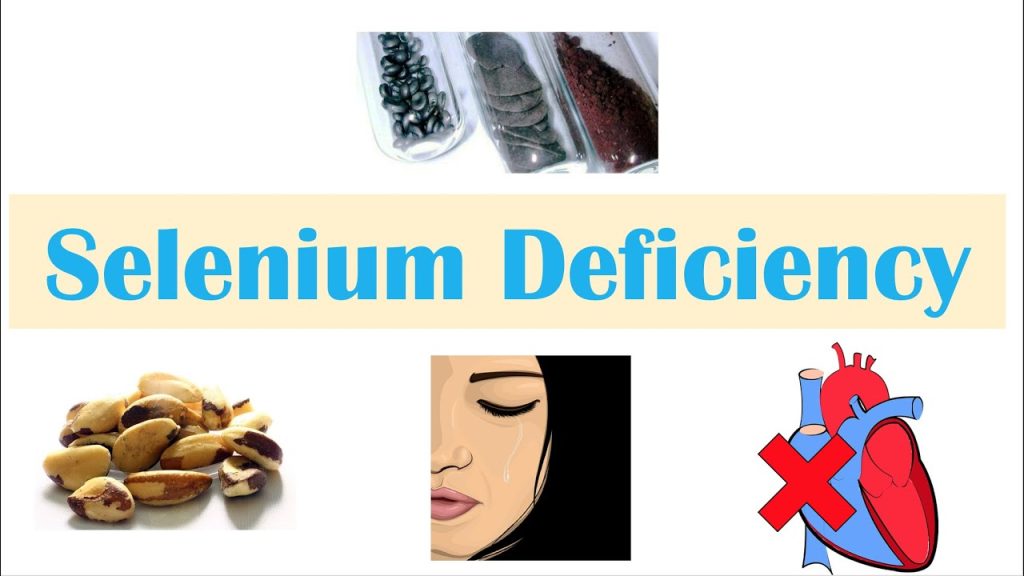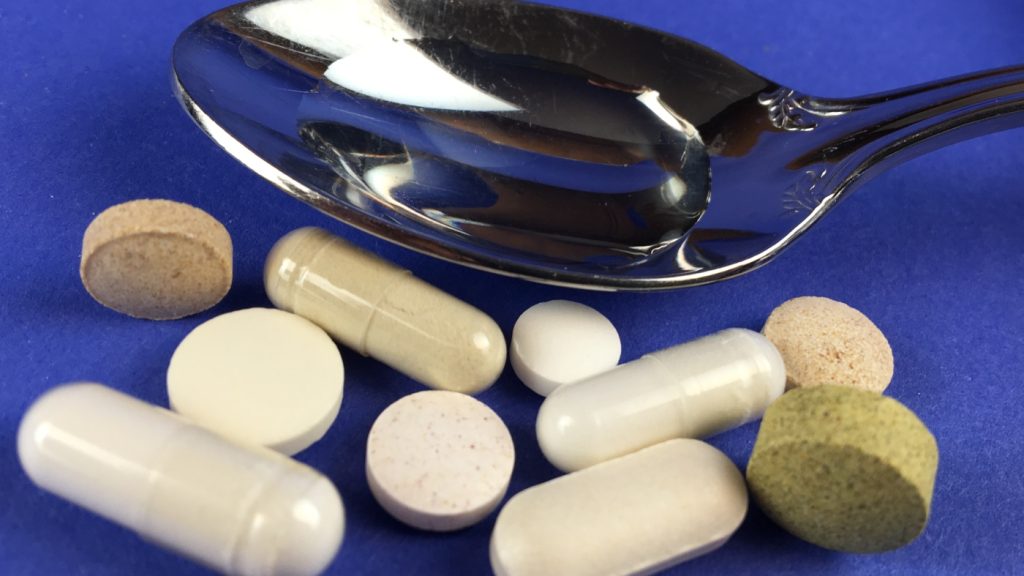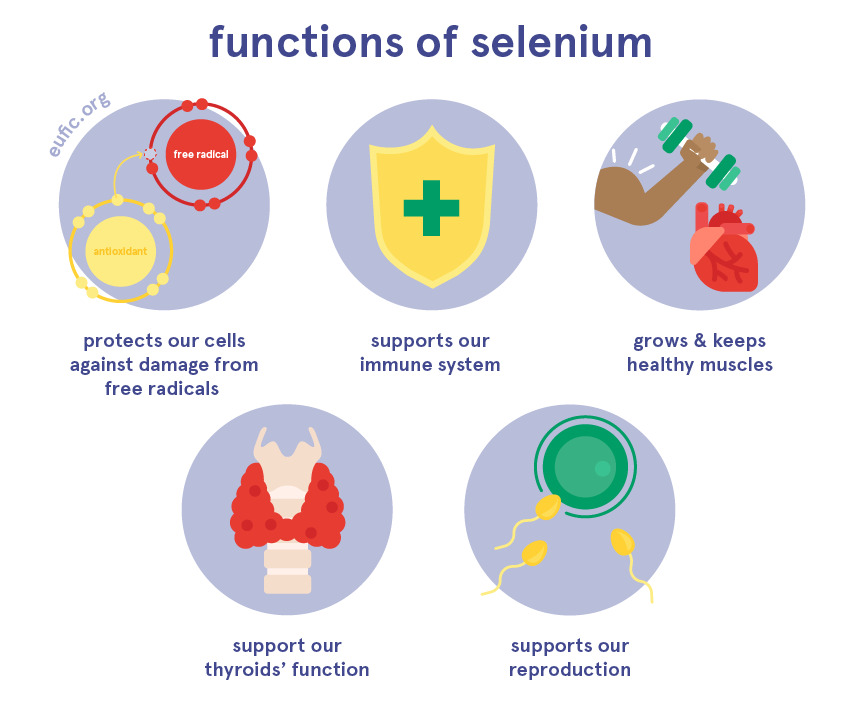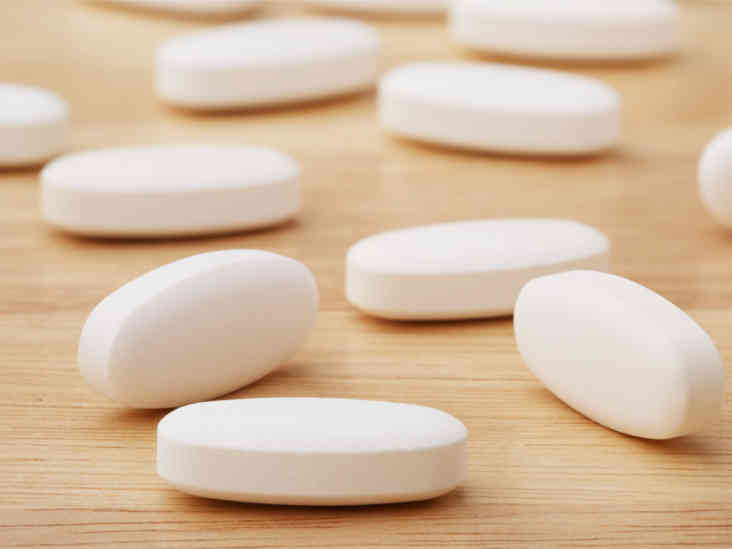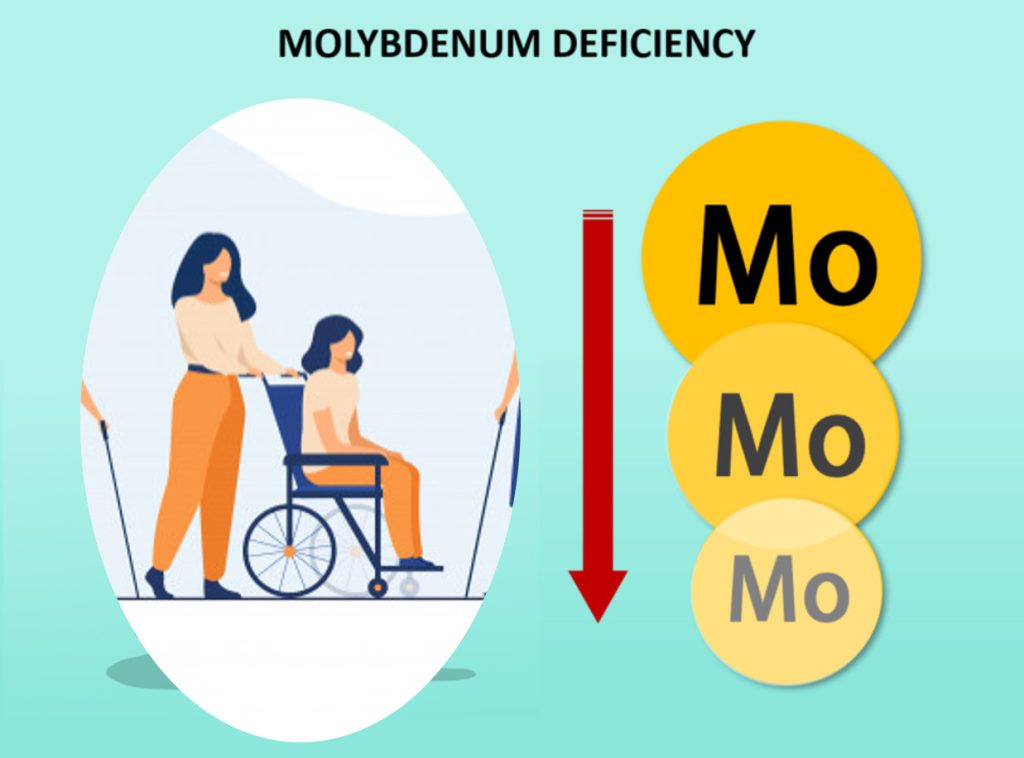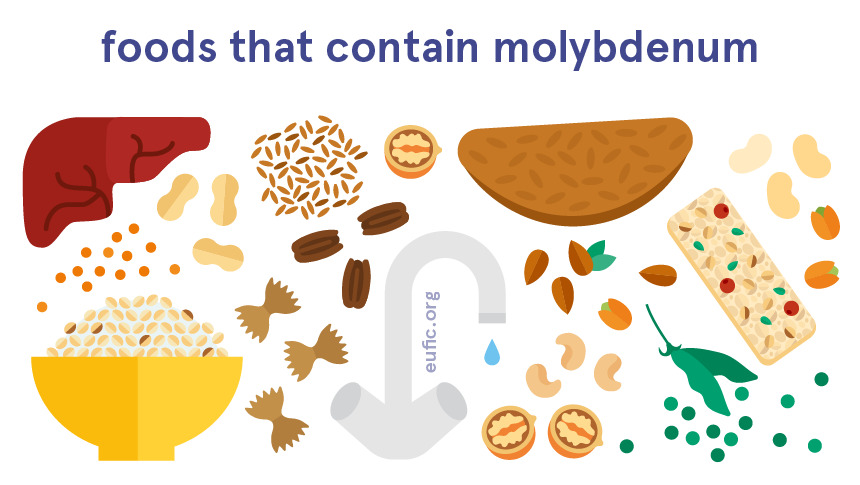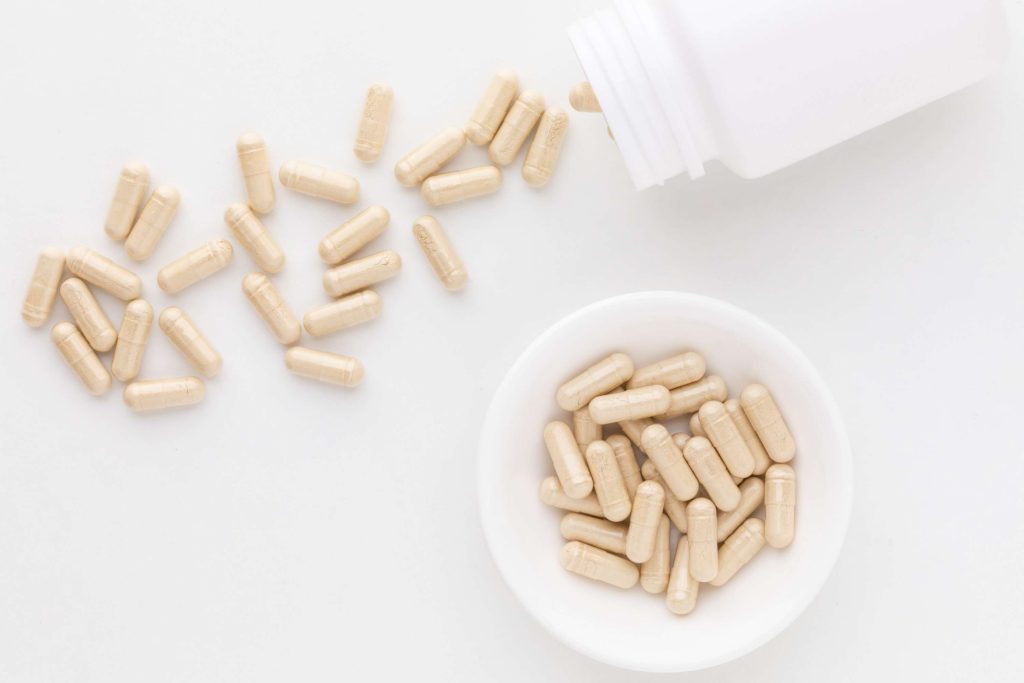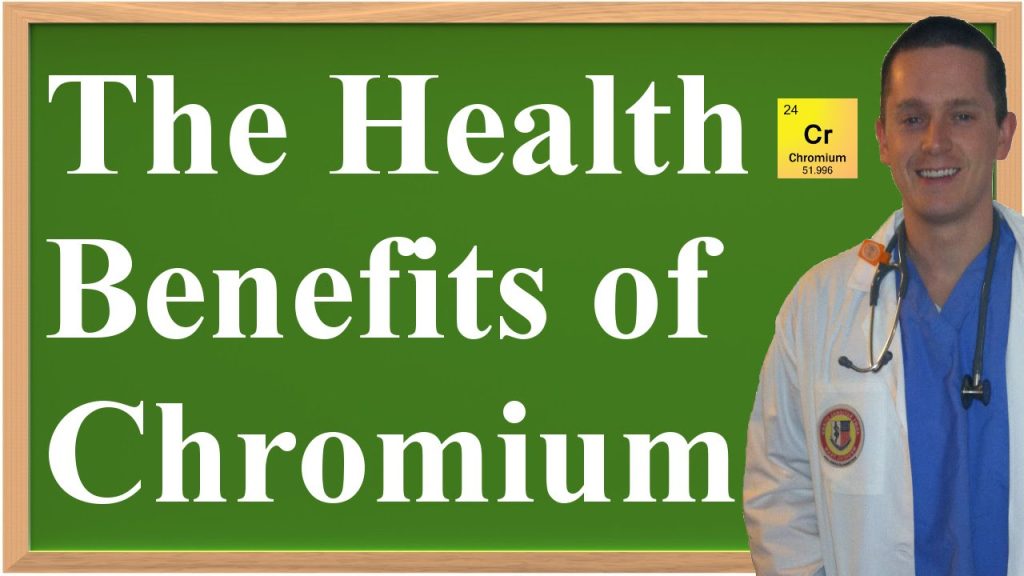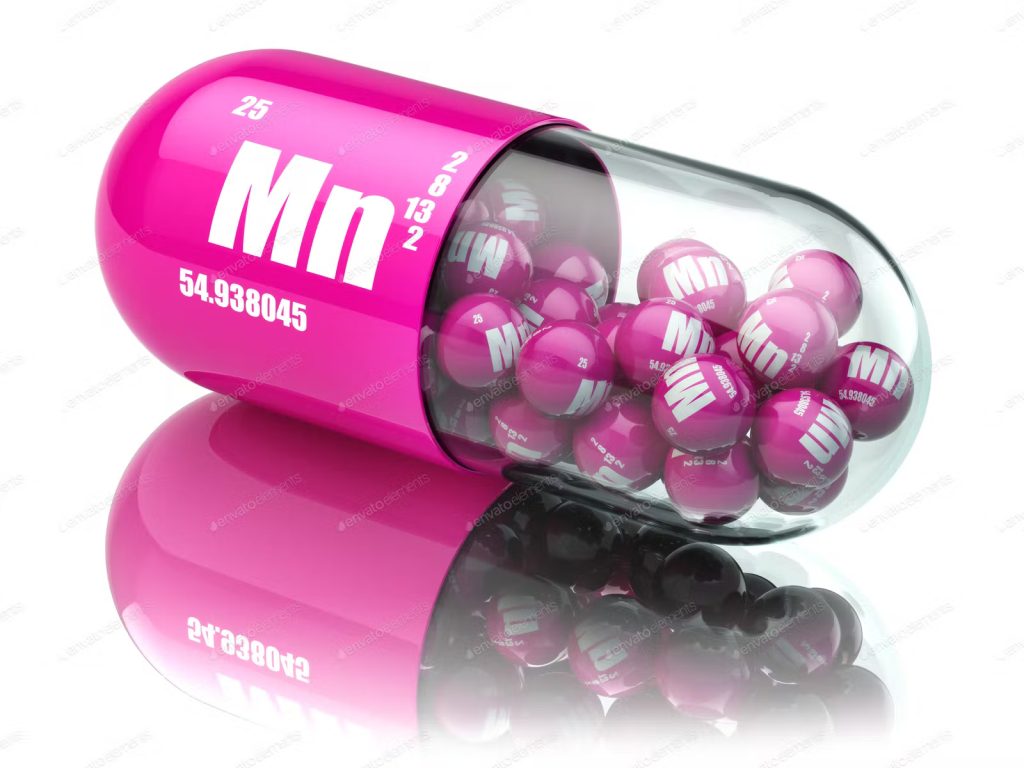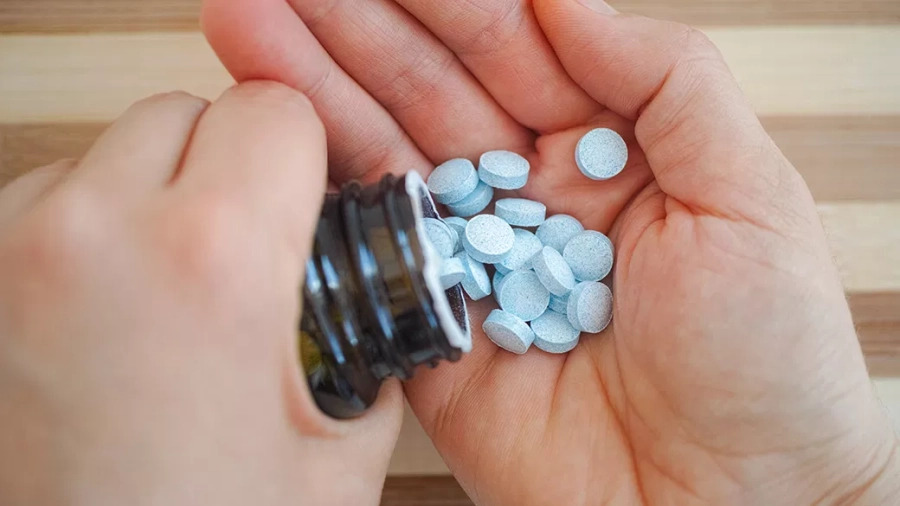Most People Aren’t Getting Enough Omega-3: What Are the Health Impacts?
A new research review reports that most people do not consume the recommended amounts of omega-3 fatty acids. These acids are considered beneficial for brain, skin, and heart health.
Experts say a person should obtain omega-3s through foods, but supplements can be considered if a person’s diet doesn’t contain enough fatty acids.
The majority of people worldwide are not consuming a sufficient amount of omega-3 fatty acids, according to new research.
Researchers report that 76% of the global population is not consuming the daily recommended levels of omega-3 fatty acids, specifically eicosapentaenoic acid (EPA) and docosahexaenoic acid (DHA). They said the health benefits from these fatty acids are “too important to ignore. They recommend that health officials develop official policies on omega-3 consumption and advise the public on how to best obtain these fatty acids through diet, as well as through supplements such as fish oil.
We hope this work will help inform nutritional scientists, clinicians, food and supplement industries, policy makers, and consumer communities, said Anne-Marie Minihane. The researchers emphasized that the health benefits of omega-3 fatty acids are important at every stage of life, particularly for pregnant individuals, infants, and young children.
The researchers reached their conclusions after reviewing the recommended daily levels of omega-3 fatty acids in over 100 countries. They noted that the recommendations vary significantly from country to country, creating confusion among the public and highlighting the importance of consistent, evidence-based guidance. They reported that the most frequently recommended intake for adults is 250 mg per day of combined EPA and DHA, with an additional 100 to 200 mg of DHA advised for pregnant people.
They said these levels can be achieved by eating more oily fish, such as salmon or mackerel, or through supplementation where needed. The researchers recently shared their findings in Nutrition Research Reviews, a publication of Cambridge University Press. The authors also acknowledged they have ties to companies such as Holland & Barrett that are involved in the supplement industry. Experts not involved in the research said the review sheds light on an important issue.
It highlights the inconsistencies in how much fatty acid intake is necessary,” said Cheng-Han Chen, MD, an interventional cardiologist and medical director of the Structural Heart Program at MemorialCare Saddleback Medical Center in Laguna Hills, CA.
The overall message is clear that people should incorporate fatty acids in their diet, It’s a good overview of some of the challenges with getting enough omega 3s through diet alone as well as a look into how various age groups are doing with getting enough omega 3s, recommendations for amount, and unique deficiency risk factors based on age, added Kristin Kirkpatrick, RD, the president of KAK Consulting as well as a dietitian at the Cleveland Clinic Department of Wellness & Preventive Medicine in Ohio.
Health benefits from omega-3 fatty acids
Omega-3s are a family of essential fatty acids. In addition to EPA and DHA types, there is also alpha-linolenic acid (ALA). These acids are not produced by the human body, so they must be absorbed through diet or supplementation.
David Cutler, MD, Santa Monica, California, explains that fats, such as omega-3s, are important because they help our bodies absorb other fat-soluble nutrients, including vitamins A, E, D, and K. Cutler wasn’t involved in the new review. Omega-3s, in particular the DHA type, are considered essential for brain, skin, and eye health. Research has been mixed on what other health benefits are provided by adequate levels of omega-3 fatty acids.
However, past research has reported that these fatty acids can improve heart health by lowering triglyceride levels and increasing HDL, or “good cholesterol,” levels. The benefits of these omega-3 fatty acids are mostly attributed to lowering triglyceride levels in the bloodstream,” Cut. “This is important if you have abnormally high triglycerides and probably not so important if your triglyceride levels are normal.
There has been other research that reported that omega-3 fatty acids may help improve blood sugar levels and lower inflammation. Experts say omega-3s are particularly important for pregnant and nursing women as these fatty acids are vital for the brain health of fetuses as well as infants. Fatty acids are important, Chen said. In particular, they’re important for infant health. In pregnancy, omega-3 deficiency may have an impact on the overall cognitive and neurological health of the baby,” added Kilpatrick.
Omega-3s may be more important for older adults simply because they are at higher risk of some of the health problems that fatty acids can help prevent. They’re susceptible to the same issues as people with omega-3 deficiencies, he said. Some symptoms indicate a low level of omega-3 fatty acids in the body. They include:
skin irritation and dryness
dry eyes
joint pain
changes in hair texture
The American Heart Association (AHA) recommends two servings of fatty fish per week. Those who are unable to consume sufficient omega-3 acids through their diet may wish to consider omega-3 supplements that include fish oil and algal oil.
Cutler offered a word of caution about fish oil capsules. He noted that supplements are not regulated by government agencies like medications and other products. He also said there can be side effects such as nausea and diarrhea.
Additionally, fish oil supplements may increase the risk of bleeding. He noted that it’s particularly important for anyone taking blood-thinning medications. Any benefits to omega-3 supplements should be weighed against potential side effects and risks.
Chen doesn’t generally recommend supplements to boost omega-3 counts. He says the research doesn’t support the notion that supplements effectively boost fatty acid levels. In general, the recommendation is to get fatty acids through diet,” Chen said. “All supplements affect is your wallet.
Medications that have been suggested by doctors worldwide are available on the link below
https://mygenericpharmacy.com/category/disease/vitamins-enzymes
